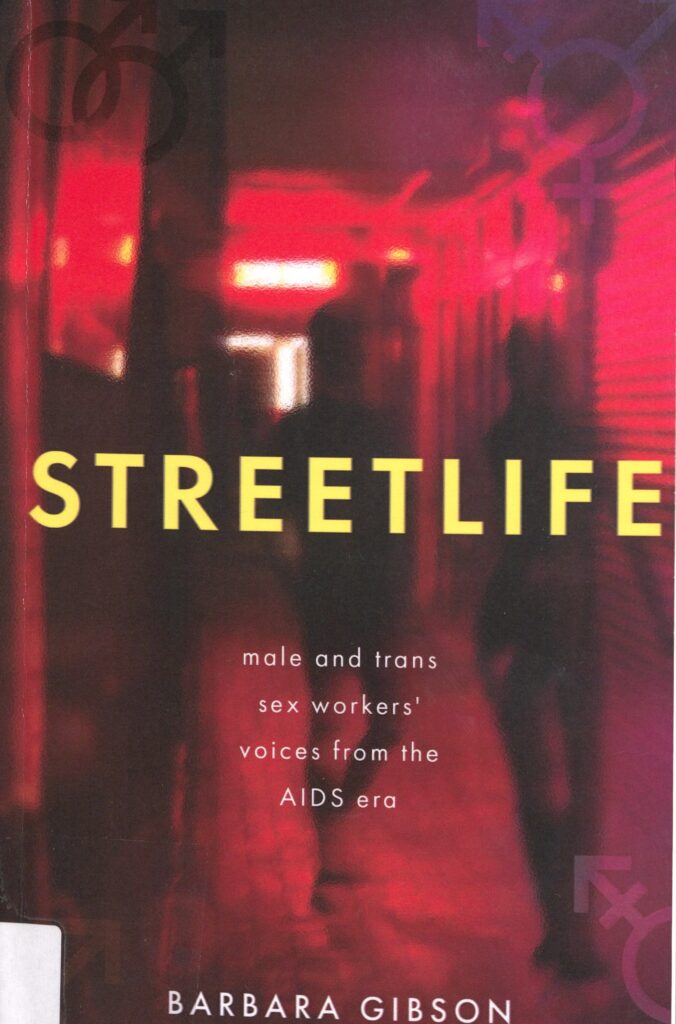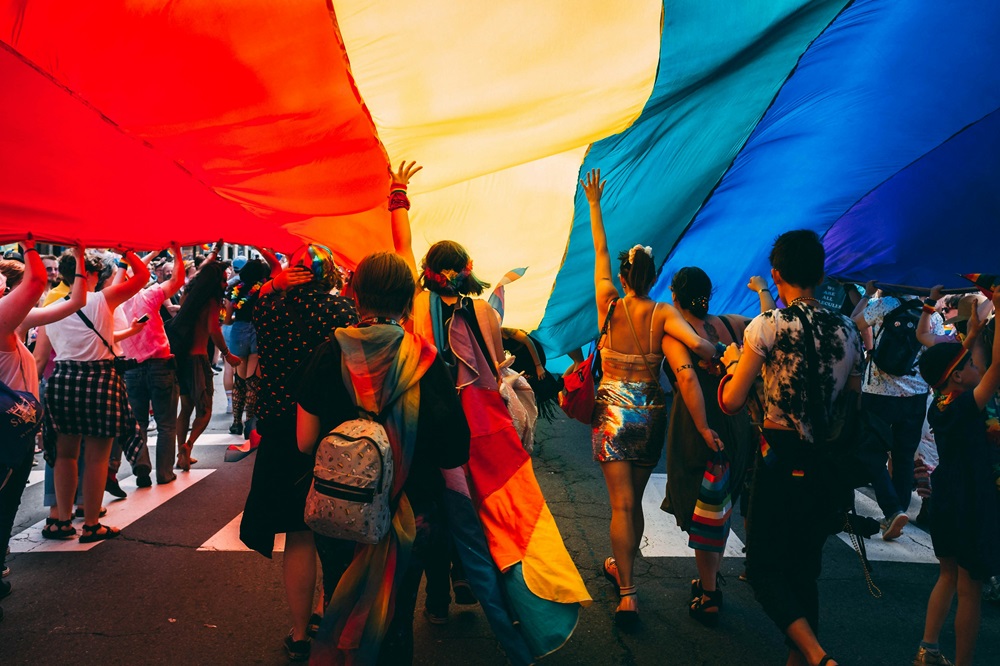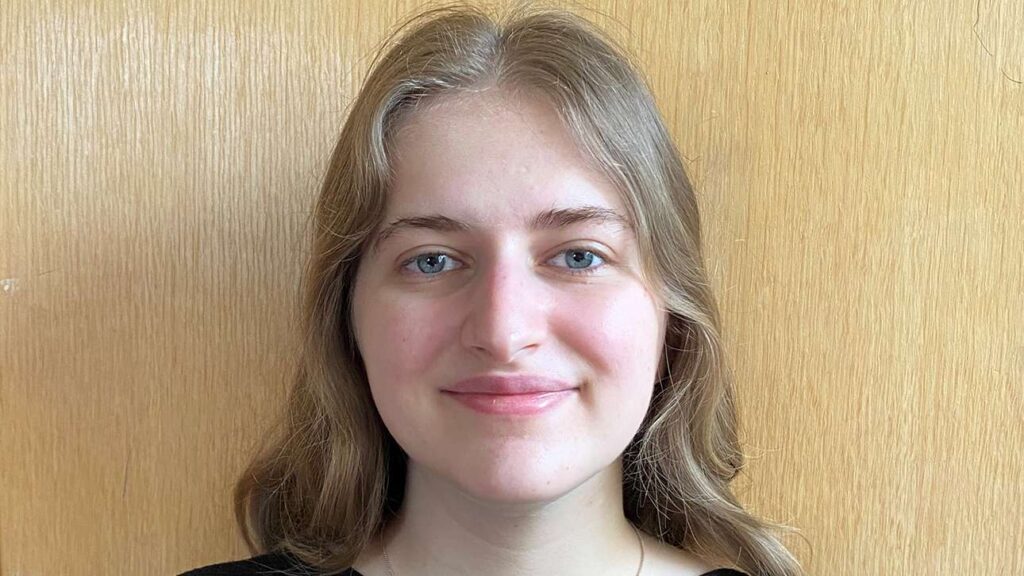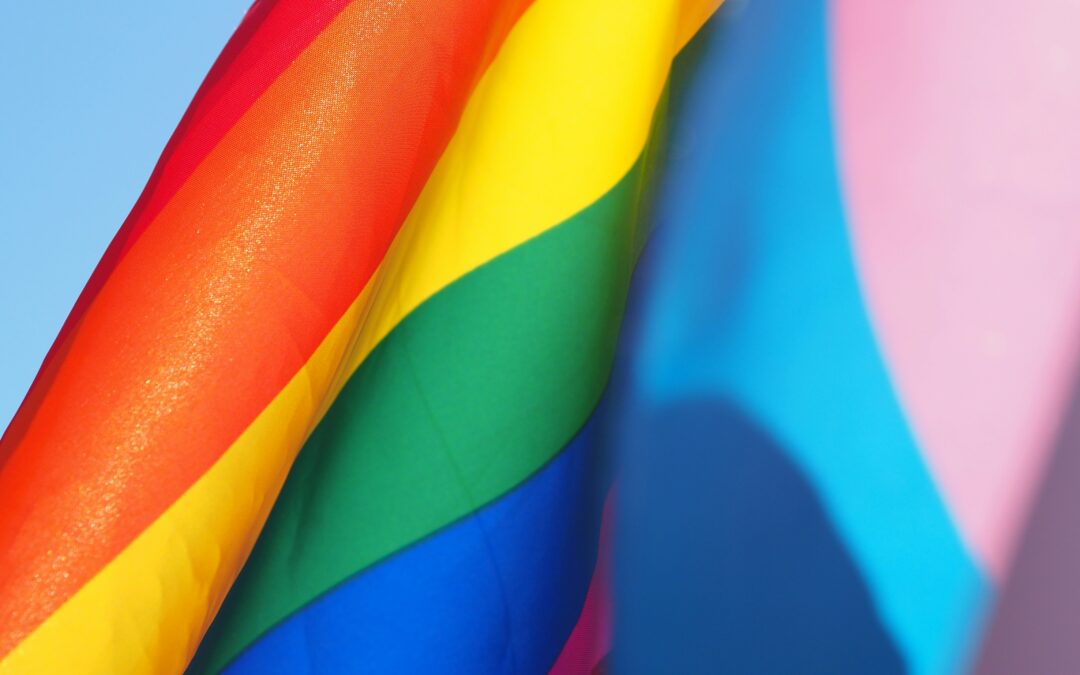This blog post was written by Sophia Benko, Graduate Trainee Library Assistant at the IHR Wohl Library.
At the core of LGBTQ+ History Month is a desire to celebrate diversity, and this is well reflected in the variety of resources available at the IHR. We hold an excellent range of primary sources regarding LGBTQ+ lives and issues across our collections, with a particular focus on oral histories and memoirs, as well as other works including historiography. The collections have been strengthened by a variety of new additions on LGBTQ+ history in the last year, listed at the end of this blog post.
The Queer Evangelist: A Socialist Clergy’s Radically Honest Tale is the memoir of Cheri DiNovo, detailing her journey from being a socialist in the 1960s, to a church minister in the ’90s, to an MP in Ontario. She describes how she introduced legislation from Toby’s Law, the first Transgender Rights legislation in North America in a major jurisdiction, to bills banning conversion therapy and proclaiming parent equality for LGBTQ+ parents. Alongside this, DiNovo writes about her faith and theological work, and the difficult environment that many queer Christians find themselves in when attacked by Christian conservatives. DiNovo’s story shows how queer people can be both people of faith and critics of religion and how one can resist and change repressive systems from within.

Another new acquisition, Streetlife: Male and trans sex workers’ voices from the AIDS era by Barbara Gibson, is a collection of interviews recorded by the author, with four men and two trans women—Madser, Jason/Zoe, Paul, Simon/Simone, Ryan, and Adam—she met in the course of her work in the UK during the 1980s and early 1990s. Gibson stresses the importance of her work, and of oral history more generally, saying ‘One-to-one oral history interviews explore memories and recount narratives in ways rarely found elsewhere. Personal testimony fills knowledge gaps, provides new insights, challenges stereotypical views and overturns orthodoxies.’ As in DiNovo’s book, the interviews provide in-depth descriptions of how these individuals navigated diverse journeys to define and express their sexuality and transgender identities. However, they also show us a different perspective to DiNovo’s memoir, taking us out of the more mainstream world of parliaments and churches and to the often-ignored edges of society, with this work detailing lives lived in London’s Cardboard City, brothels, and nightclubs.
Above all, however, both works give queer people a voice and highlight the diversity of LGBTQ+ history and lives.

Below, you can find a full list of books on LGBTQ+ history acquired in the past year:
- We can do better than this : 35 voices on the future of LGBTQ+ rights E.7852/Abr
- Y Leo Classen habló : primer testimonio de un triángulo rosa EY.4457/Cla
- 40 años después : la despenalización de la homosexualidad en España : investigación, memoria y experiencias ES.783/Mor
- Queer Renaissance historiography : backward gaze B.093/Nar
- Oni : homoseksualiści w czasie II wojny światowej EY.4457/Ost
- Adiós, Chueca : memorias del gaypitalismo : la creación de la “marca gay” ES.788/Sha
- To be a trans man : our stories of transition, acceptance and joy E.7852/Woo
- Testimonios LGBTIQ+ de Panamá LAC.6655/Rio
- Oral histories of older gay men in Hong Kong : unspoken but unforgotten CLC.4345/Kon
- Las locas en el archivo : disidencia sexual bajo el franquismo ES.715/Hua
- LGBTQ+ history in high school classes in the United States since 1990 UF.0963/Ber
- Queer premises : LGBTQ+ venues in London since the 1980s BL.443/Cam
- The secret diaries of Anne Lister (1791-1840): Volume 2, 1824-1826 BC.8715/Lis
- The unfamiliar : a queer motherhood memoir BS.668/Log
- Love your Asian body : AIDS activism in Los Angeles US.3555/Wat
- History on our side : Wales and the 1984-85 Miners’ Strike BW.45/Fra
- Miss Major speaks : conversations with a Black trans revolutionary UF.7515/C/Maj
- Interpreting LGBT history at museums and historic sites UF.0965/Fer
- The queer evangelist : a socialist clergy’s radically honest tale CLAB.488/Din
- Queer voices in the works of Richard von Krafft-Ebing, 1883-1901 EG.66/Kra
- The queer art of history : queer kinship after fascism EG.097/Eva
- Streetlife : Male and trans sex workers’ voices from the AIDS era B.857/Gib
- Queer Newark : stories of resistance, love, and community US.6055/Str
- The intermediate sex: a study of some transitional types of men and women B.817/Car
- Sexual and gender difference in the British Navy, 1690-1900 W.5300/Lej
- Female fortune: the Anne Lister diaries, 1833-36 BC.8715/Lis
- As Good as a marriage: the Anne Lister diaries 1836–38 BC.8715/Lis
- Love offers no safety: Nigeria’s queer men speak CLB.2545/Mak
- A trans man walks into a gay bar: a journey of self (and sexual) discovery B.851/Nic
- Great LGBTQ+ speeches: empowering voices that inspire + empower E.7852/Ugl

Banner image: cecilie-johnsen-G8CxFhKuPDU-unsplash, and second image (people under flag): mercedes-mehling-7J7x8HLXQKA-unsplash, both from Beautiful Free Images & Pictures | Unsplash.

